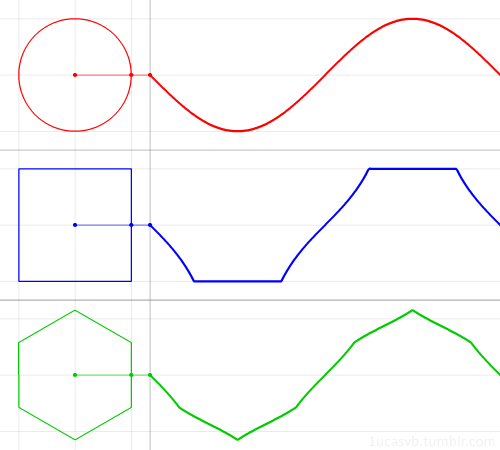Fascinated by Bio-Rhythms
- Gurvinder Singh
- Jan 10, 2020
- 2 min read
Updated: Jan 11, 2020

We all experience good days and sometimes bad days as regards our outputs, moods etc.
All living beings in nature exist in a cyclic manner. The most common being the 24 hour cycle called the Circadian Rhythm which affects our feeding and sleep patterns. Thus we feel sleepy and more alert at about the same time everyday even without looking at the clock.
There is a field of science called Chronobiology which deals with the study of periodic (cyclic) phenomena in living organisms and their adaptation to solar- and lunar-related rhythms etc. called biological rhythms.
Western scientists have tried to establish over past 150 years how these rhythms can be mapped and use a mathematical model to predict highs and lows and peak mood and performance timing for each individual.
'Theory of Biorhythms' suggests that our physical, intellectual and emotional performance rises and falls in a predictable cycle. The lengths of the cycles are 23 days for physical factors, 28 days for emotional and 33 days for intellectual factors.
Since ancient times, civilisations have used biorhythms in their social practices. Modern scientists have for long studied the theory of biorhythms but the jury is out on the effectiveness of biorhythms on predicting moods and performance.
One of the advantages people like me have, is we have a good experience and understanding of both tradition and modernity.
We can understand theory and practice, rooted in both Judeo-Christian of the West and Indian thought and values of the East.
The approach of the West is based on postulating a theory and then working on it to prove it by scientific means. Once established it is imposed through the various institutions and often mandated by law. If it cannot be proven, it is simply discarded.
The approach of the East is based on observation of effects and impact, and empirically validate an approach. Once stated by wise people it is assumed to have merit and be relevant. It is then simply practiced by those who choose to. If it works people stick with the practice, if they do not find it effective or appropriate they simply abandon it.

Both have their advantages and disadvantages. If scientists are not able to conclusively prove some phenomena, does it mean that the practice has no relevance? Biorhythm based performance is ridiculed by some as pseudo science and others swear by them. Using the Biorhythm Calculator, it might be interesting to map one's biorhythms and maintain a diary on moods, behaviour and performance and see for yourself if biorhythms works for you. 'Know thyself' say the wise people.
It's possible that we will learn more about oneself and have fun in the process of our own evolution.
#BioRhythm #circadian #chronobiology #emotional #evolution #Guru #Guru_Wonder #Gurvinder #intellectual #performance #physical #rhythm #spiritual #wisdom
Interesting Links:





Comments